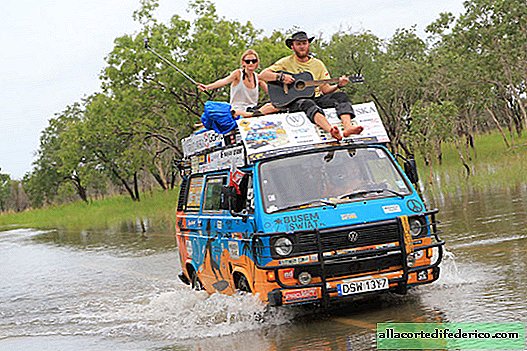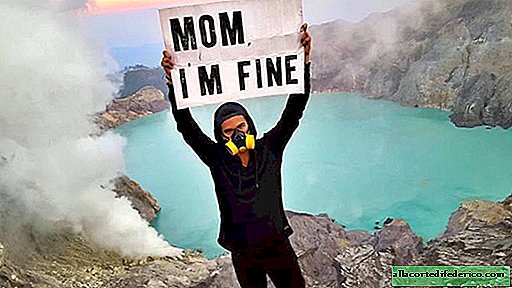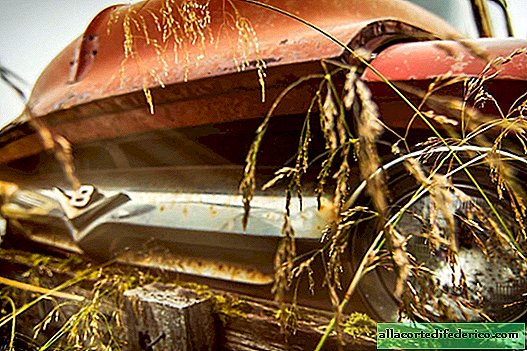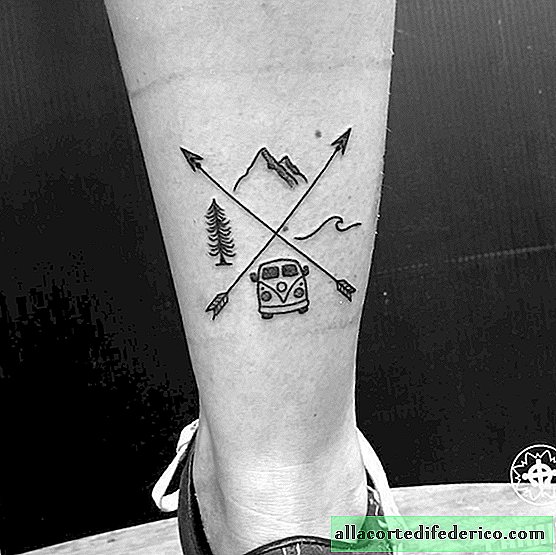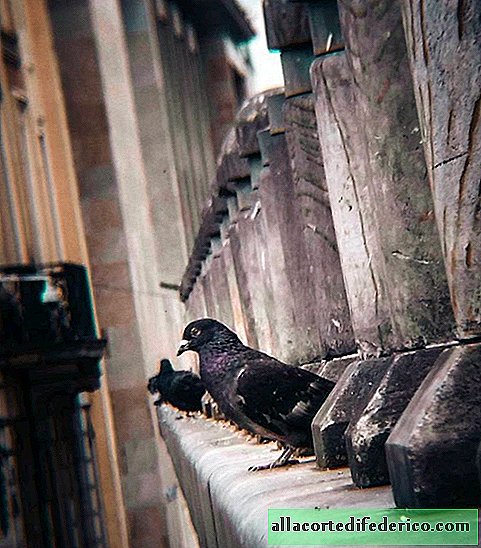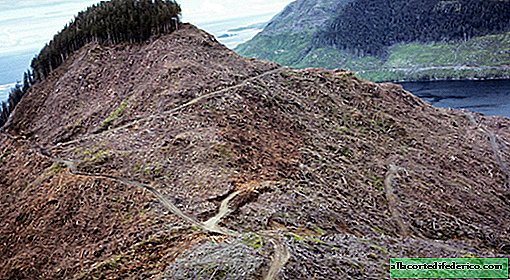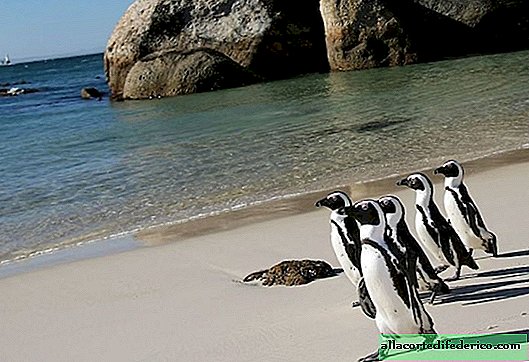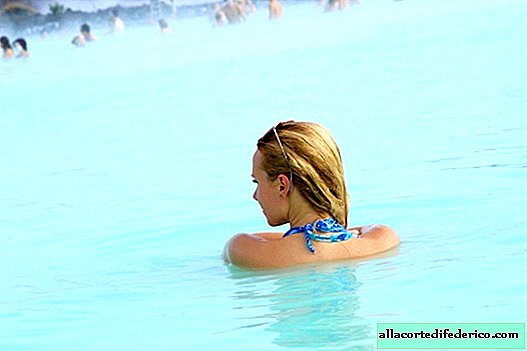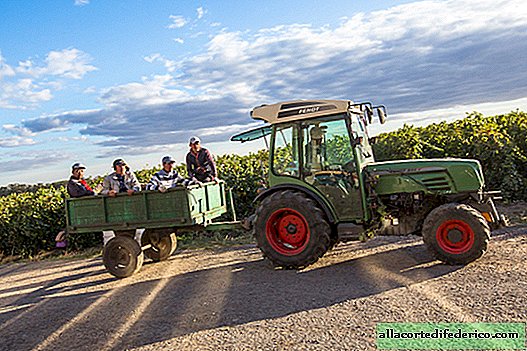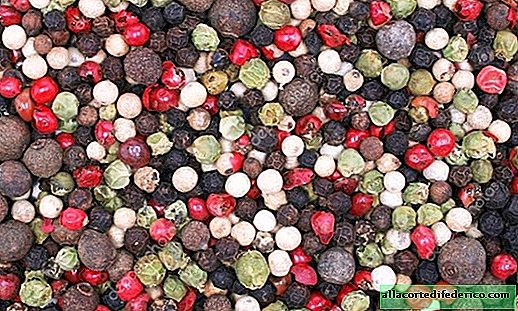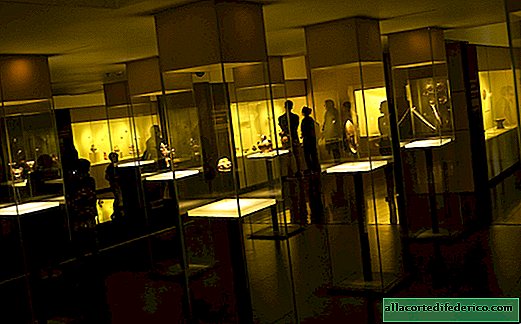Five amazing facts about parenting in the animal kingdom
Raising a child is one of the main tasks of the animal world, because it is a guarantee of the preservation of the species. This is true for people, but even more so for our smaller brothers. And in this endeavor, they sometimes do strange things - both beautiful in their care for offspring, and terrible from the point of view of humanity. But wildlife has its own rules.
Young elephants train on other people's children

Young female elephants often act as nannies for strangers baby elephants. While most females will protect and raise any baby elephant in the herd, young females, who themselves have not yet given birth, are most likely to act as an “additional mother” for very tiny babies. This is beneficial to all participants in this tacit agreement: mothers have more time for food and milk production, while the cubs are provided with protection and education. And young elephants receive parental practice, which will help them when it comes time to start offspring themselves.
Earwigs bring up only pets

When an earwig mother brings up her offspring, she immediately identifies healthier ones by a chemical signal, provides more care and provides better food for them. Sick and weak nymphs do not get maternal care, and they die. At first glance, pretty cruel behavior. But earwigs bring 30-60 cubs at a time, so mortality is still inevitable. In this case, it is logical to give more power to those who are more likely to survive.
Dad gives birth to seahorses

Seahorses are some of the most amazing creatures. Suffice it to say that males of this species collect up to 2000 eggs from different females in a special bag, and when the fry hatch, they hold them in a bag until they get used to the salt water. And when the little seahorses are ready, dad “gives birth” to them, contracting the muscles of his bag. True, once the kids are in the water, dad immediately disappears from their lives.
Spotted ruffles bring wings to the chicks

Spotted Grouse is a small bird that lives in southern Africa from arid zones. Therefore, the grouse are forced to travel many miles to drink water. But what if your nest is full of chicks who do not yet know how to fly? Dads come to the rescue again! Not only do they warm the kids at night when their mother is looking for food, they also go on dangerous trips during the day to get water. The wings of the spotted hazel males are able to fold in a special way, collecting water through the capillaries. And when dad returns to the nest, the chicks are pressed against his stomach and during the day they drink water from his wet feathers. Then the male should take a “dusty bath” to get rid of the strong smell of wet feathers, which can attract hungry predators.
Pandas pursue the policy of "one family - one child"

Pandas are insanely cute, everyone loves them, videos with them gain millions of views. But in the wild, mum pandas have to make difficult choices. Pandas often give birth to two cubs, but usually they invest only in one that survives. But before you blame the black and white mother, remember that raising children in the wild, even super charming, is not easy. Pandas have to spend a huge amount of energy just to digest their food, give milk and other resources to kids is extremely difficult. Instead of spraying on two cubs, the female concentrates her energy on one of the babies, thereby increasing the likelihood that he will survive.


